Home>Garden Essentials>What Plants Grow The Fastest From Seeds
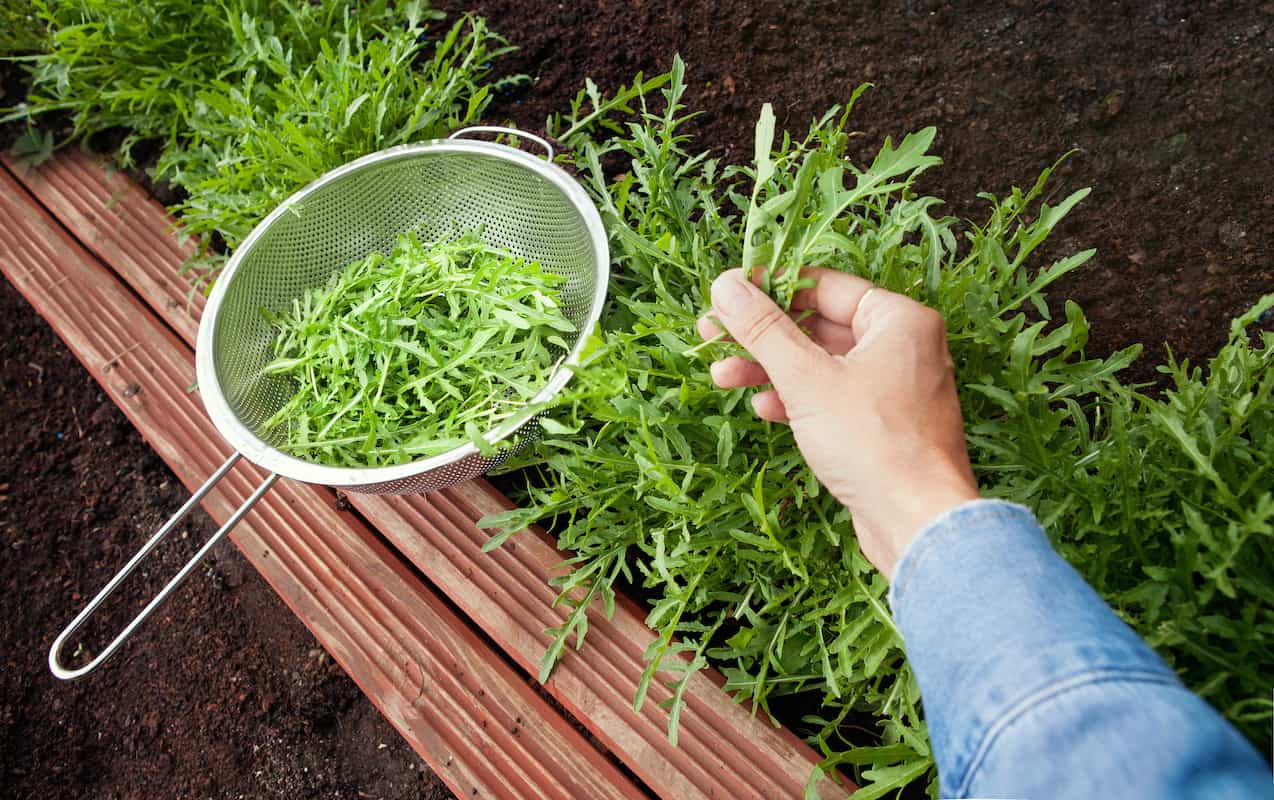

Garden Essentials
What Plants Grow The Fastest From Seeds
Modified: March 16, 2024
Discover the fastest growing plants for your garden with our guide. Learn which seeds germinate quickly and thrive in various conditions.
(Many of the links in this article redirect to a specific reviewed product. Your purchase of these products through affiliate links helps to generate commission for Storables.com, at no extra cost. Learn more)
Introduction
Welcome to the exciting world of gardening! If you’re a beginner or even an experienced gardener, you may be wondering which plants grow the fastest from seeds. The thrill of seeing tiny seeds turn into flourishing plants is truly rewarding, and choosing fast-growing seed plants can give you quick results and a sense of accomplishment.
Seed germination is an essential process in the growth of plants. It is influenced by various factors such as seed quality, temperature, moisture, light, and soil conditions. Understanding these factors can help you choose the best seeds and create the ideal growing environment for them.
In this article, we will explore the factors that affect seed germination and growth rates, as well as highlight some of the fastest-growing seed plants that you can consider for your garden. We will also discuss the characteristics of these plants and provide tips for successful seed germination. By the end, you will be equipped with the knowledge to start your garden with confidence and witness the rapid growth of your chosen plants.
So, let’s dive in and uncover which plants you should be growing for quick and impressive results.
Key Takeaways:
- Fast-growing seed plants like sunflowers and radishes can bring quick results and beauty to your garden. Understanding factors like temperature, moisture, and light can help you successfully grow these plants.
- Choosing high-quality seeds, providing proper light and moisture, and protecting seedlings from pests are key to successful seed germination. Enjoy the journey of watching your seeds sprout and grow into thriving plants.
Read more: What Seeds Grow The Fastest
Factors Affecting Seed Germination and Growth Rate
Before diving into the world of fast-growing plants, it’s essential to understand the factors that influence seed germination and growth rates. By being aware of these factors, you can optimize the conditions in your garden for successful plant growth.
1. Seed Quality: The quality of the seed plays a significant role in germination and growth. Choose seeds from reliable sources and ensure they are fresh and viable. Poor-quality seeds may have a lower germination rate or may not sprout at all.
2. Temperature: Temperature is a crucial factor that affects seed germination. Most seeds have an optimal temperature range for germination. Some seeds prefer warmer temperatures, while others thrive in cooler conditions. Follow the recommended temperature guidelines for the specific seeds you are planting.
3. Moisture: Adequate moisture is essential for breaking seed dormancy and initiating germination. Seeds need moisture to soften the outer coating and begin the growth process. However, it’s important to avoid waterlogged conditions, as excess moisture can lead to root rot and other fungal diseases.
4. Light: The requirement for light varies among different plant species. Some seeds require light to germinate, while others need darkness. Make sure to provide the appropriate lighting conditions for the seeds you are planting. If seeds need light, place them closer to the surface of the soil. If they require darkness, ensure they are covered with a thin layer of soil.
5. Soil Conditions: The quality and composition of the soil can greatly impact seed germination and growth. Well-draining soil with good fertility is ideal. Make sure the soil is loose and crumbly, allowing roots to penetrate easily. Consider amending your soil with organic matter to improve its structure and nutrient content.
6. Nutrients: Providing the right nutrients to plants is crucial for their growth and development. Soil testing can help determine any deficiencies or imbalances in essential nutrients such as nitrogen, phosphorus, and potassium. Based on the results, you can amend the soil with organic fertilizers or specific nutrient supplements.
7. Weed Control: Weeds compete with seedlings for resources such as water, nutrients, and light. It’s important to keep the garden free from weeds to give your fast-growing seed plants the best chance to thrive. Regular weeding will prevent weeds from taking over and suffocating the young seedlings.
By taking these factors into consideration and providing the optimal conditions for seed germination and growth, you can ensure a higher success rate in your gardening endeavors. Now that we understand the key factors let’s explore some fast-growing seed plants that are perfect for your garden.
Fast-Growing Seed Plants for Gardens
When it comes to fast-growing seed plants, there are several options to choose from that can bring vibrant colors, delicious produce, or beautiful foliage to your garden in a short amount of time. Let’s take a look at some of these plants that can quickly transform your garden.
1. Sunflowers (Helianthus annuus): Sunflowers are renowned for their rapid growth and stunning yellow blooms. These tall and majestic plants can reach heights of up to 10 feet within a few months, making them an excellent choice for adding vertical interest to your garden. Sunflowers also attract beneficial pollinators and provide a source of seeds for birds.
2. Radishes (Raphanus sativus): If you’re looking for a quick harvest, radishes are a fantastic option. These root vegetables can be ready to harvest in as little as 3 to 4 weeks after sowing. They are ideal for small gardens or for getting your gardening journey off to a fast start.
3. Zinnias (Zinnia elegans): Zinnias are popular annual flowers that come in a variety of vibrant colors. These fast-growing plants can go from seed to bloom in just a few weeks. They are excellent for adding splashes of color to your garden beds, borders, or containers.
4. Green beans (Phaseolus vulgaris): Green beans are not only delicious, but they also grow rapidly. These legumes can germinate and produce edible pods in a matter of weeks. They are a great choice for gardeners with limited space, as they can be grown vertically on trellises or poles.
5. Lettuce (Lactuca sativa): Lettuce is a popular leafy green that can be harvested continuously throughout the growing season. Many lettuce varieties can be ready for harvest within 4 to 6 weeks after planting, making it an ideal choice for quick homegrown salads.
6. Marigolds (Tagetes spp.): Marigolds are beautiful and versatile annual flowers that are known for their fast growth. These hardy plants produce vibrant blooms in various colors and are a great addition to garden borders, container gardens, or as companion plants to repel pests.
7. Cucumbers (Cucumis sativus): Cucumbers are a popular summer vegetable that can thrive in warm weather. With the right conditions, cucumber plants can grow rapidly and produce abundant fruits within a few weeks. They are best grown on trellises or in containers.
These are just a few examples of fast-growing seed plants that can bring beauty, flavor, and an abundance of produce to your garden in a short amount of time. Remember to read the seed packets or do some research to understand the specific requirements of each plant and provide the necessary care for successful growth.
Some of the fastest-growing plants from seeds include sunflowers, radishes, and beans. These plants can sprout and grow quickly, making them great choices for a beginner gardener or for a fun science experiment.
Characteristics of Fast-Growing Seed Plants
Fast-growing seed plants possess certain characteristics that contribute to their rapid growth and development. Understanding these characteristics will help you select the right plants for your garden and provide them with the necessary care for optimal growth. Let’s explore some of the common traits of fast-growing seed plants.
1. Rapid Germination: Fast-growing seed plants typically have seeds that germinate quickly. This means that once the seeds are planted and provided with the right conditions, they sprout and emerge from the soil within a short period. This is an exciting phase for gardeners, as they can witness the first signs of growth in just a matter of days or weeks.
2. Vigorous Growth: Fast-growing seed plants exhibit vigorous growth throughout their lifecycle. They have the ability to develop strong stems, leaves, and root systems swiftly. This enables them to efficiently absorb water and nutrients from the soil, fueling their growth and overall health. The rapid growth also results in lush foliage and abundant blooms or produce.
3. Tolerance to Adverse Conditions: Many fast-growing seed plants have the ability to withstand less-than-ideal growing conditions. They can tolerate variations in temperature, soil conditions, and watering to some extent. This resilience makes them easier to grow, especially for beginner gardeners or in regions with unpredictable weather patterns.
4. Resource Efficiency: Fast-growing seed plants are typically efficient at utilizing available resources such as sunlight, water, and nutrients. They have adapted to optimize the utilization of these resources to support their rapid growth. This efficiency allows them to make the most of the limited resources they have access to, resulting in their speedy growth.
5. Short Lifecycle: Another characteristic of fast-growing seed plants is their relatively short lifecycle. These plants complete their growth cycle, from germination to maturity, within a relatively short period. This means that you can enjoy the benefits of these plants, such as beautiful blooms or a bountiful harvest, in a shorter timeframe compared to slower-growing plants.
6. High Yielding: Many fast-growing seed plants are prolific producers. They have the ability to produce a significant amount of flowers, fruits, or seeds within a short span of time. This high yielding capacity makes them popular choices for gardeners looking for quick results and abundant produce.
By understanding these characteristics, you can choose fast-growing seed plants that align with your gardening goals and match the conditions of your garden. Remember to provide the necessary care, such as proper watering and fertilization, to support the rapid growth and development of these plants.
Tips for Successful Seed Germination
Seed germination is a critical stage in the life of a plant. To ensure successful seed germination and give your seeds the best chance of growing into healthy seedlings, it’s essential to follow proper techniques and provide the optimal conditions. Here are some helpful tips to ensure successful seed germination in your garden:
1. Choose Quality Seeds: Start with high-quality seeds from reputable sources. Look for seeds that are fresh, viable, and specific to the plants you want to grow. Quality seeds have a higher germination rate, increasing your chances of success.
2. Read the Seed Packets: Each seed packet contains important information about the specific requirements of the plant. Read the instructions carefully to understand the ideal planting depth, recommended soil temperature, light requirements, and any special considerations for that particular plant.
3. Provide Adequate Light: Light is crucial for triggering seed germination in some plant species. Ensure that light-requiring seeds receive the necessary amount of direct or indirect sunlight by placing them at the appropriate depth in the soil or using supplemental grow lights if needed.
4. Maintain Optimal Temperature: Different plants have different temperature requirements for seed germination. Some seeds prefer warmer temperatures while others thrive in cooler conditions. Pay attention to the recommended temperature range and provide the appropriate warmth or coolness to facilitate successful germination.
5. Meet Moisture Requirements: Proper moisture is essential for seed germination. Keep the soil consistently moist but not waterlogged. Overly wet conditions can drown the seeds, while dry conditions can inhibit germination. Regularly check the moisture levels and adjust watering accordingly.
6. Provide Good Drainage: Proper drainage is crucial to prevent waterlogging and reduce the risk of seed rot. Ensure that the planting containers or garden beds have adequate drainage holes and use well-draining soil to allow excess water to flow away from the seeds.
7. Use Seed-Starting Mix: Opt for a seed-starting mix or a light, well-draining soil mix rather than regular garden soil. These mixes provide the right balance of nutrients and allow for better aeration and drainage, creating an ideal environment for seed germination.
8. Thin and Transplant Seedlings: As the seedlings start to emerge, thin them out if they are overcrowded. This gives each seedling enough space to grow and reduces competition for resources. Transplant the seedlings to larger containers or garden beds once they have developed a few sets of true leaves.
9. Protect from Pests and Diseases: Keep a close eye on your seedlings and protect them from pests and diseases. Use organic pest control methods or natural remedies to prevent damage. Proper ventilation and spacing between seedlings can also help reduce the risk of fungal diseases.
10. Be Patient and Observant: Remember that seed germination can take time and may vary between different plant species. Be patient and give the seeds sufficient time to sprout and develop. Regularly monitor the progress of your seeds and make necessary adjustments to the growing conditions as needed.
By following these tips for successful seed germination, you can ensure healthy seedlings and set the foundation for a thriving garden. Remember to provide consistent care, such as regular watering, appropriate lighting, and nutrient supplementation, to support the growth of your seedlings as they transition into mature plants.
Read more: What Seed Grows The Fastest
Conclusion
Congratulations! You now have a solid understanding of the factors that influence seed germination and growth rates, as well as the characteristics of fast-growing seed plants. Armed with this knowledge, you can make informed decisions about which plants to choose for your garden and provide the optimal conditions for their successful growth.
Remember to select high-quality seeds from reputable sources, pay attention to temperature and moisture requirements, and provide adequate light and proper drainage. By following these guidelines, you can increase your chances of successful seed germination and enjoy the rapid growth and development of your chosen plants.
Consider incorporating fast-growing seed plants such as sunflowers, radishes, zinnias, or green beans into your garden. These plants will not only provide quick results but also add beauty, flavor, and an abundance of produce to your space. Whether you’re looking for vibrant blooms, fresh vegetables, or lush foliage, there are fast-growing seed plants to suit every gardener’s preferences.
Furthermore, be sure to follow the tips for successful seed germination, including using quality seeds, providing adequate light and moisture, and protecting your seedlings from pests and diseases. Remember that gardening is a journey that requires patience and observation. Enjoy the process of watching your seeds sprout, and be prepared to make adjustments along the way to ensure healthy and thriving plants.
As you embark on your gardening adventure, don’t forget to share your love for fast-growing seed plants with others. Inspire fellow gardeners by sharing your experiences and tips, and encourage them to embrace the joy and rewards of cultivating their own gardens.
Now, armed with your newfound knowledge and enthusiasm, it’s time to get started. Prepare your soil, select your seeds, and watch as your garden flourishes with the beauty and abundance of fast-growing seed plants!
Frequently Asked Questions about What Plants Grow The Fastest From Seeds
Was this page helpful?
At Storables.com, we guarantee accurate and reliable information. Our content, validated by Expert Board Contributors, is crafted following stringent Editorial Policies. We're committed to providing you with well-researched, expert-backed insights for all your informational needs.
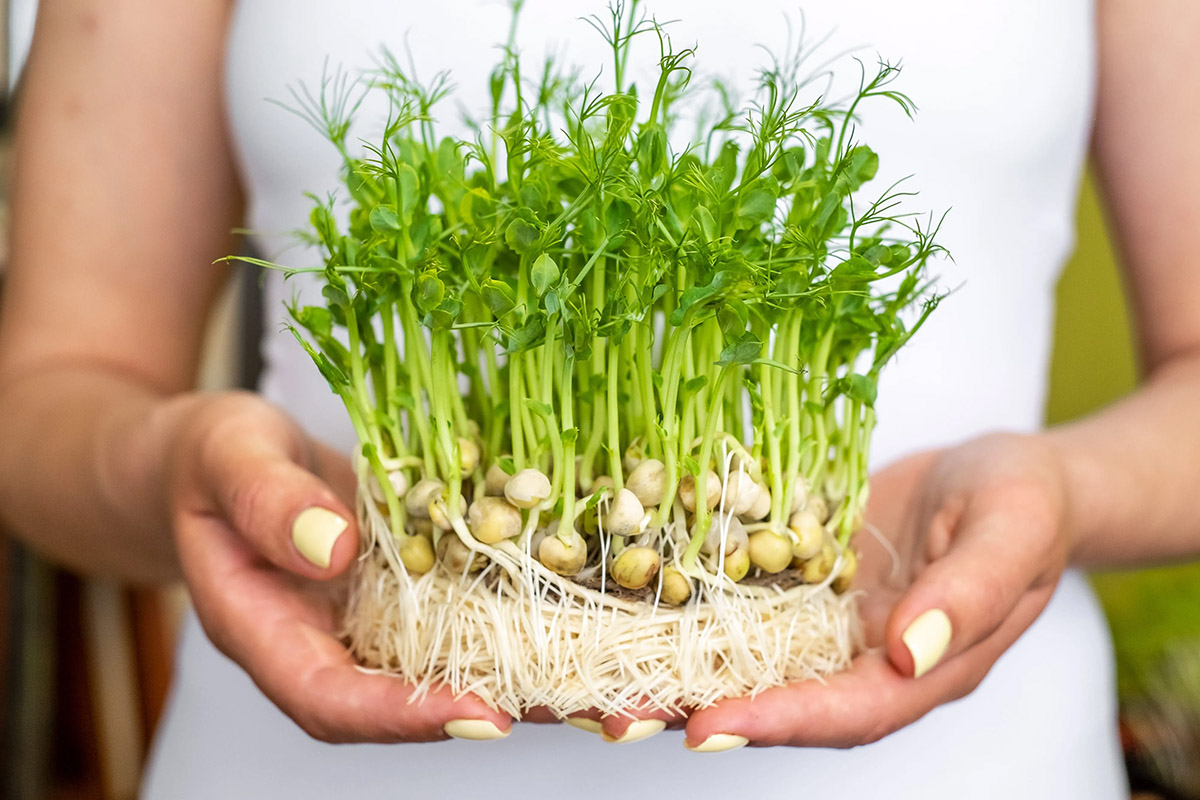
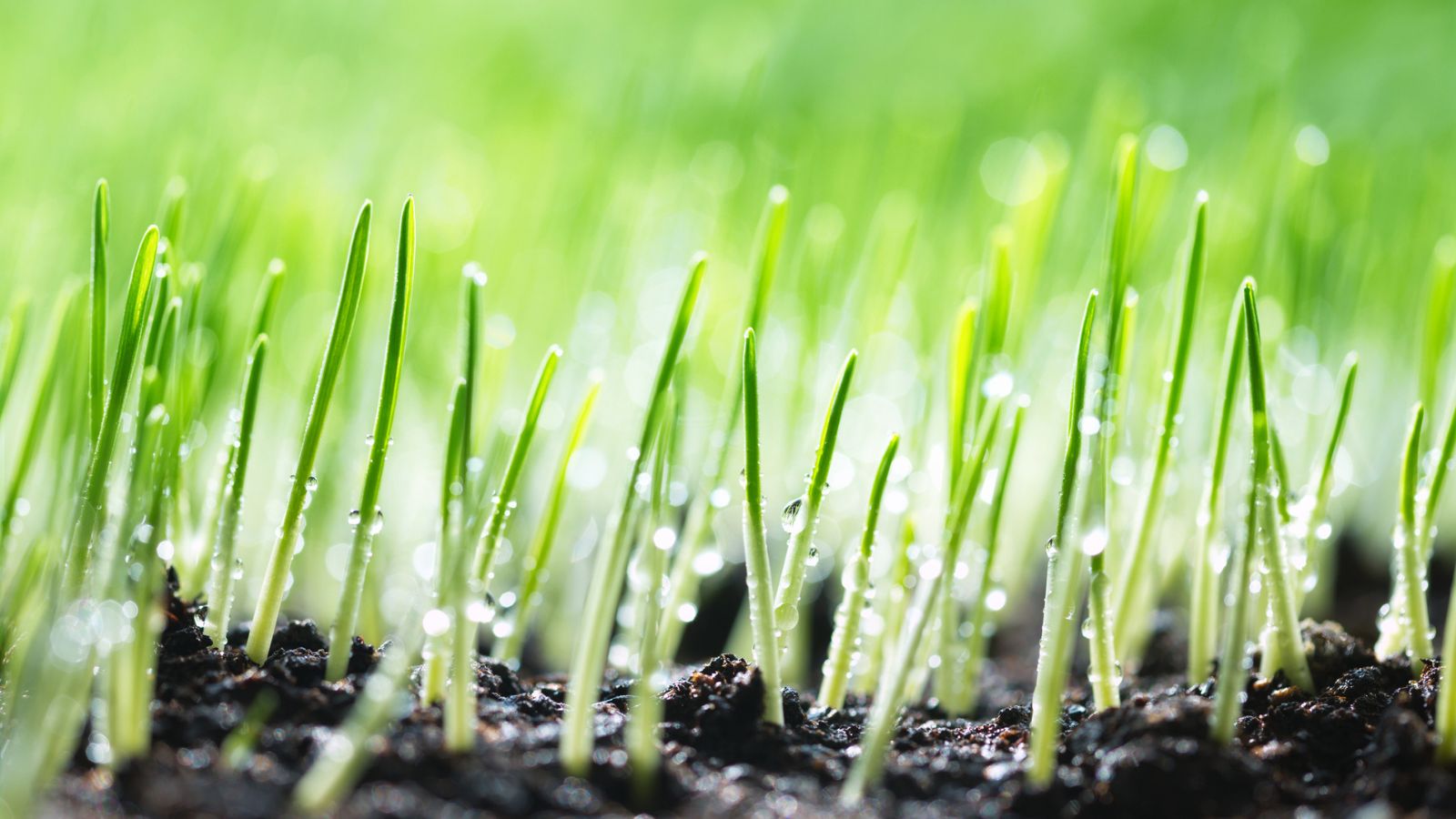
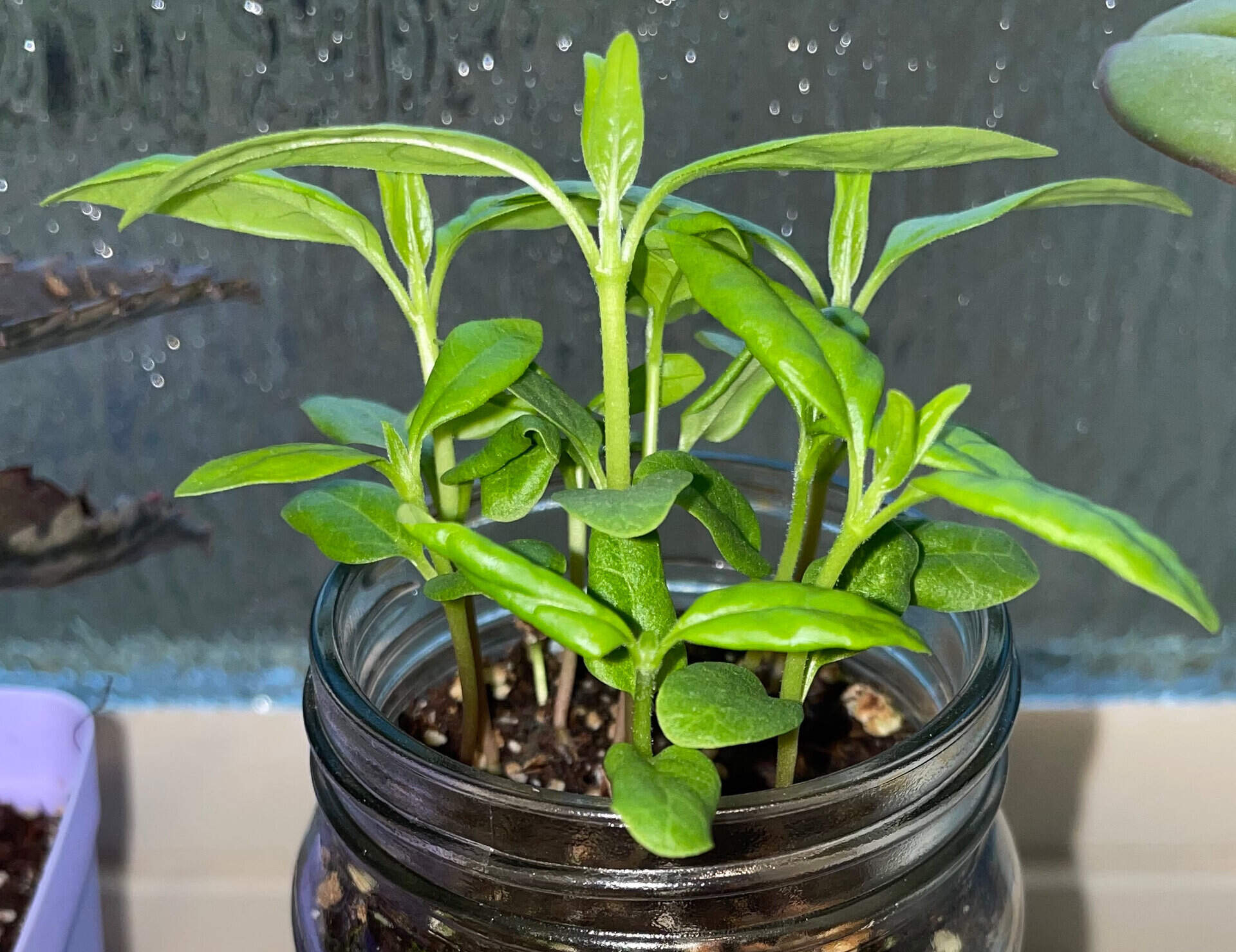
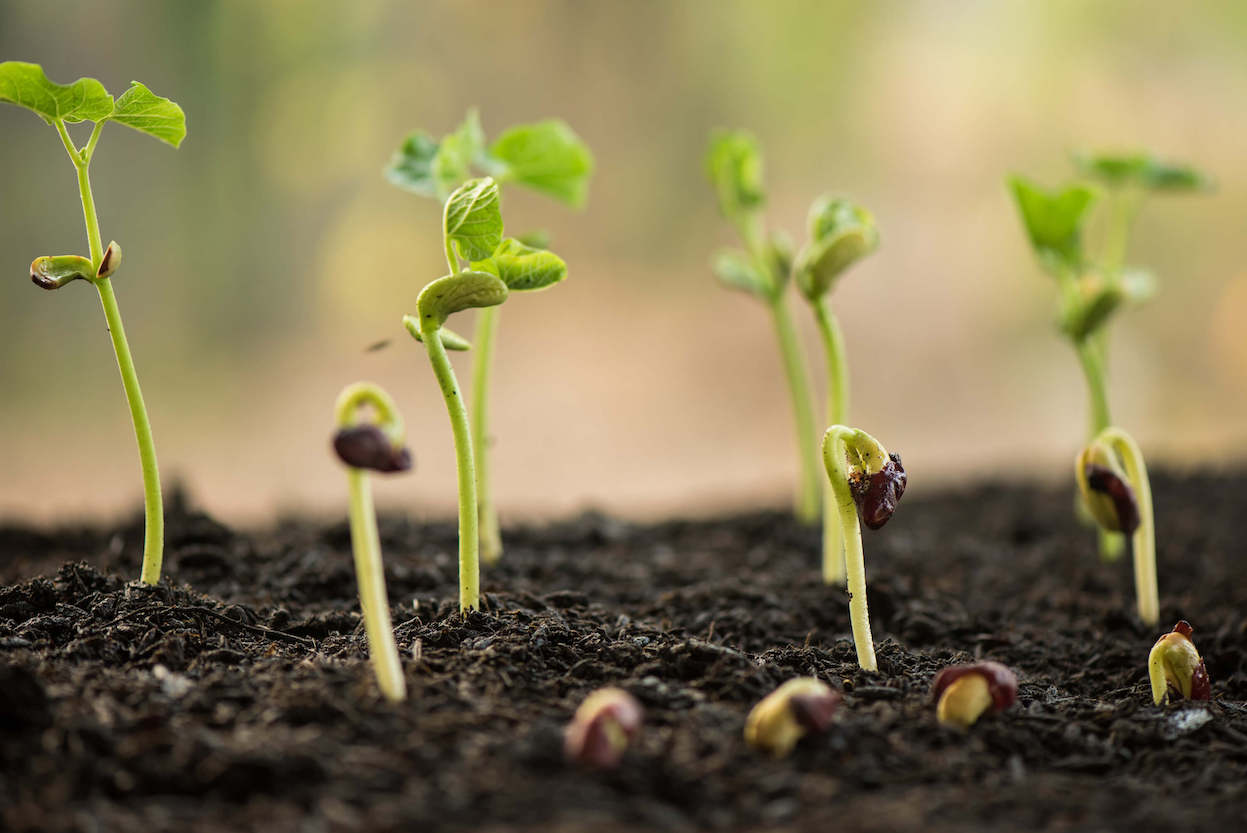
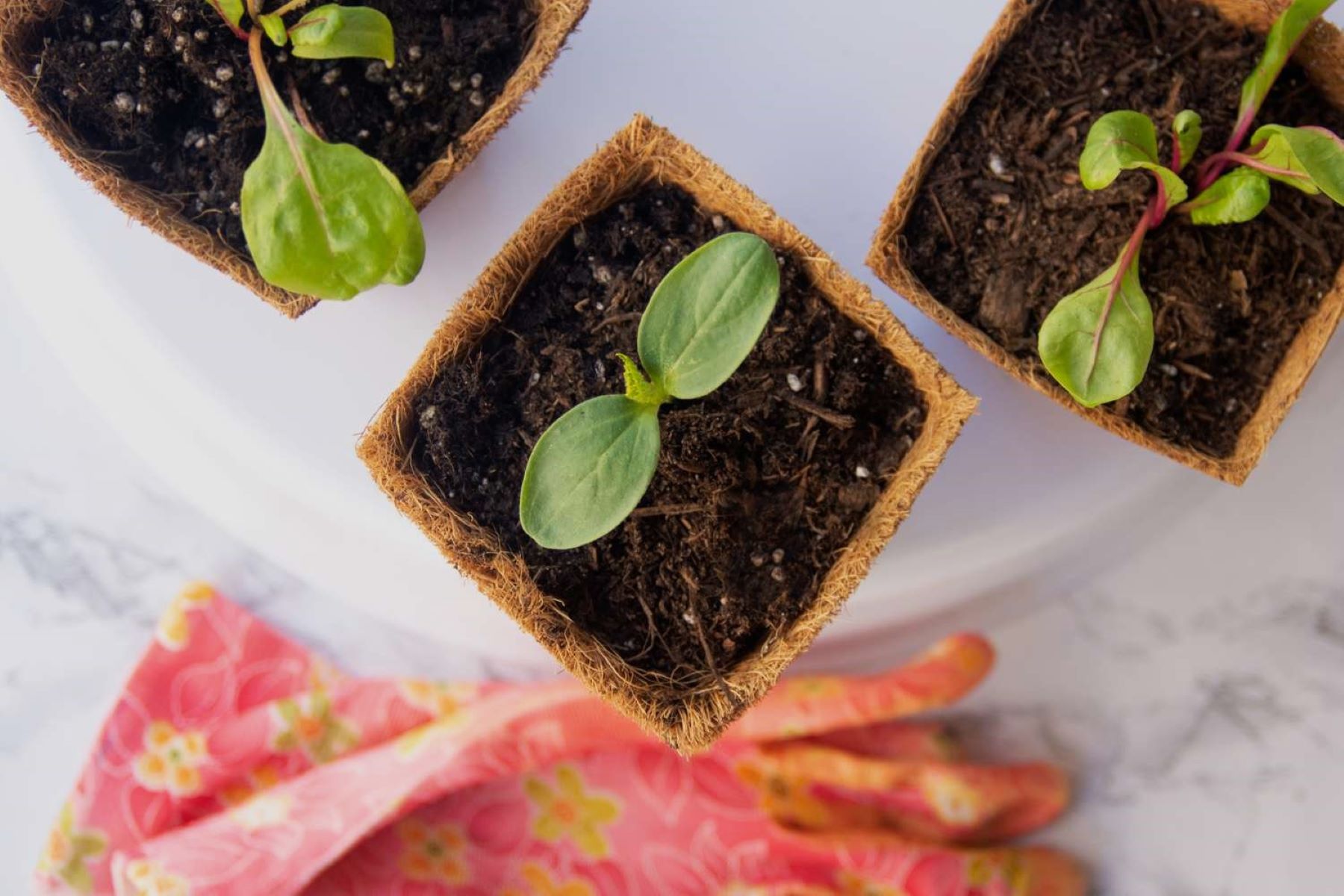
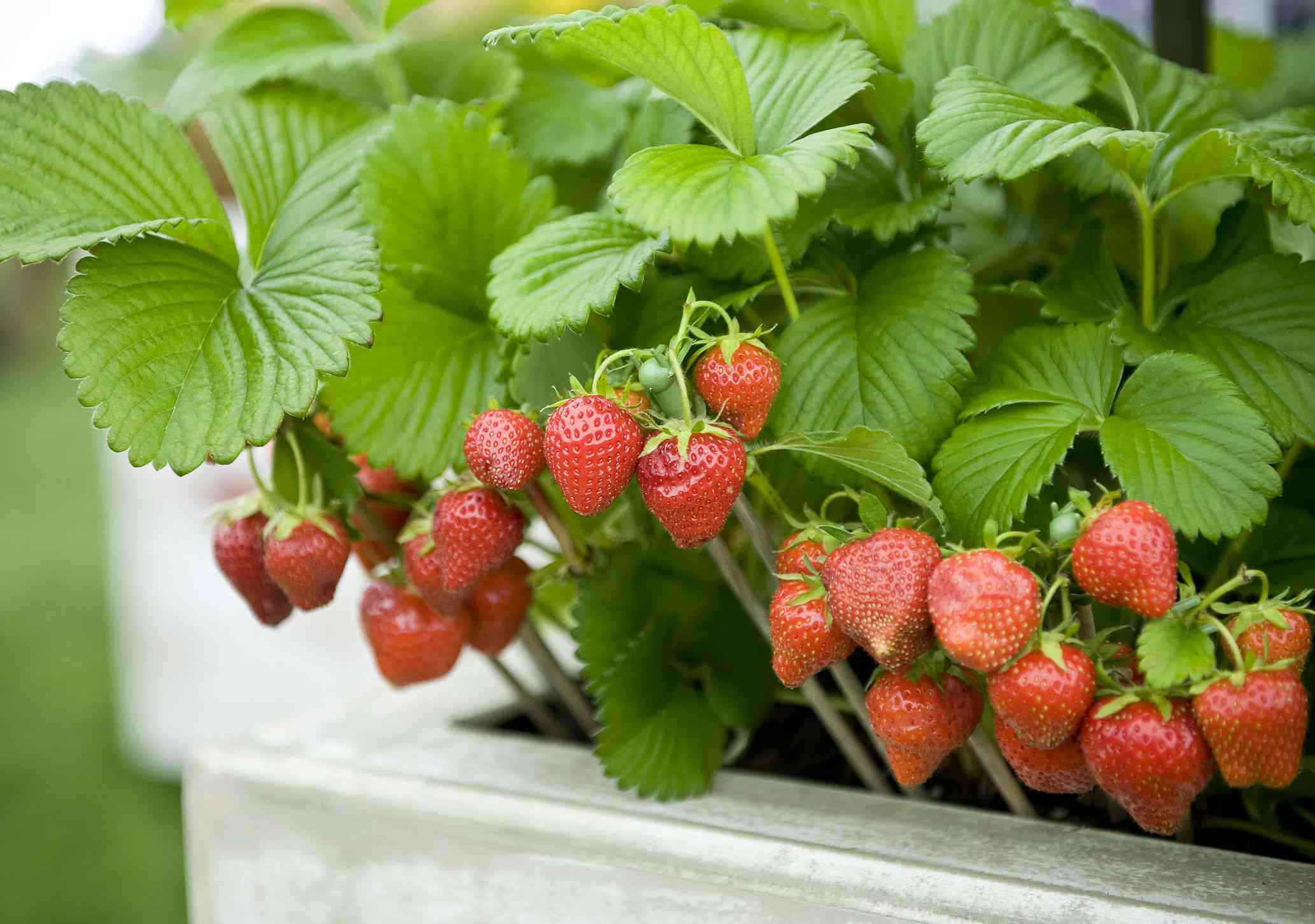
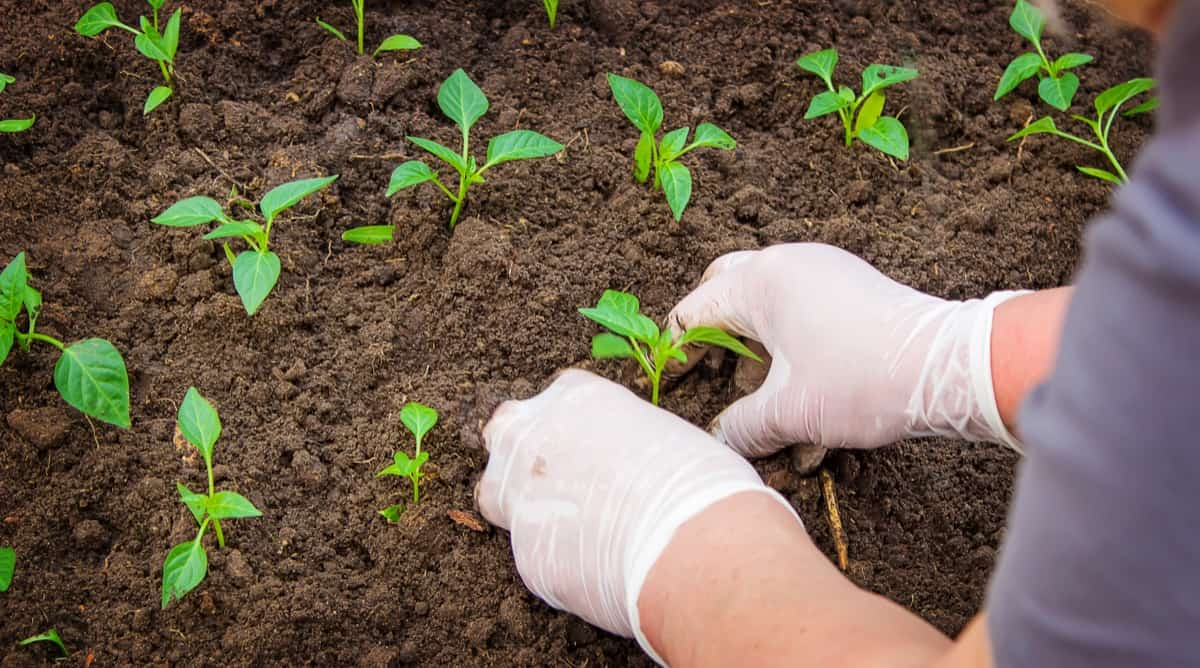
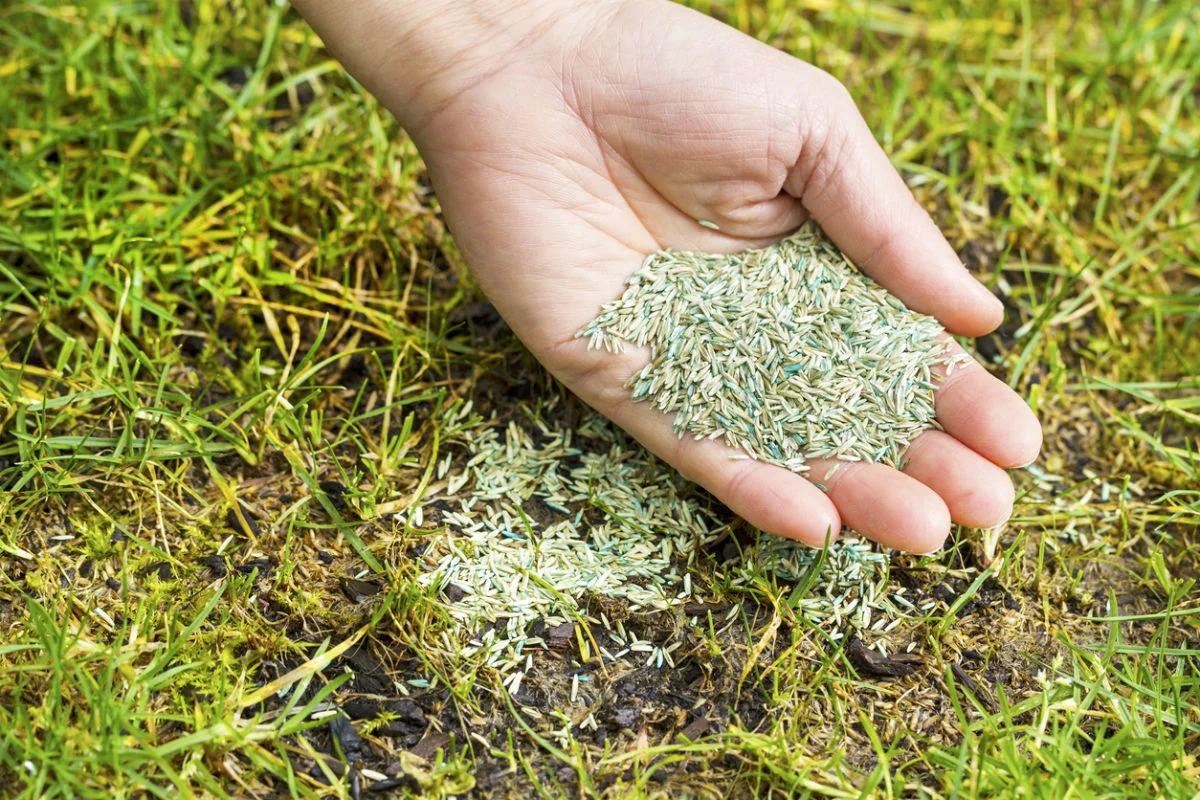
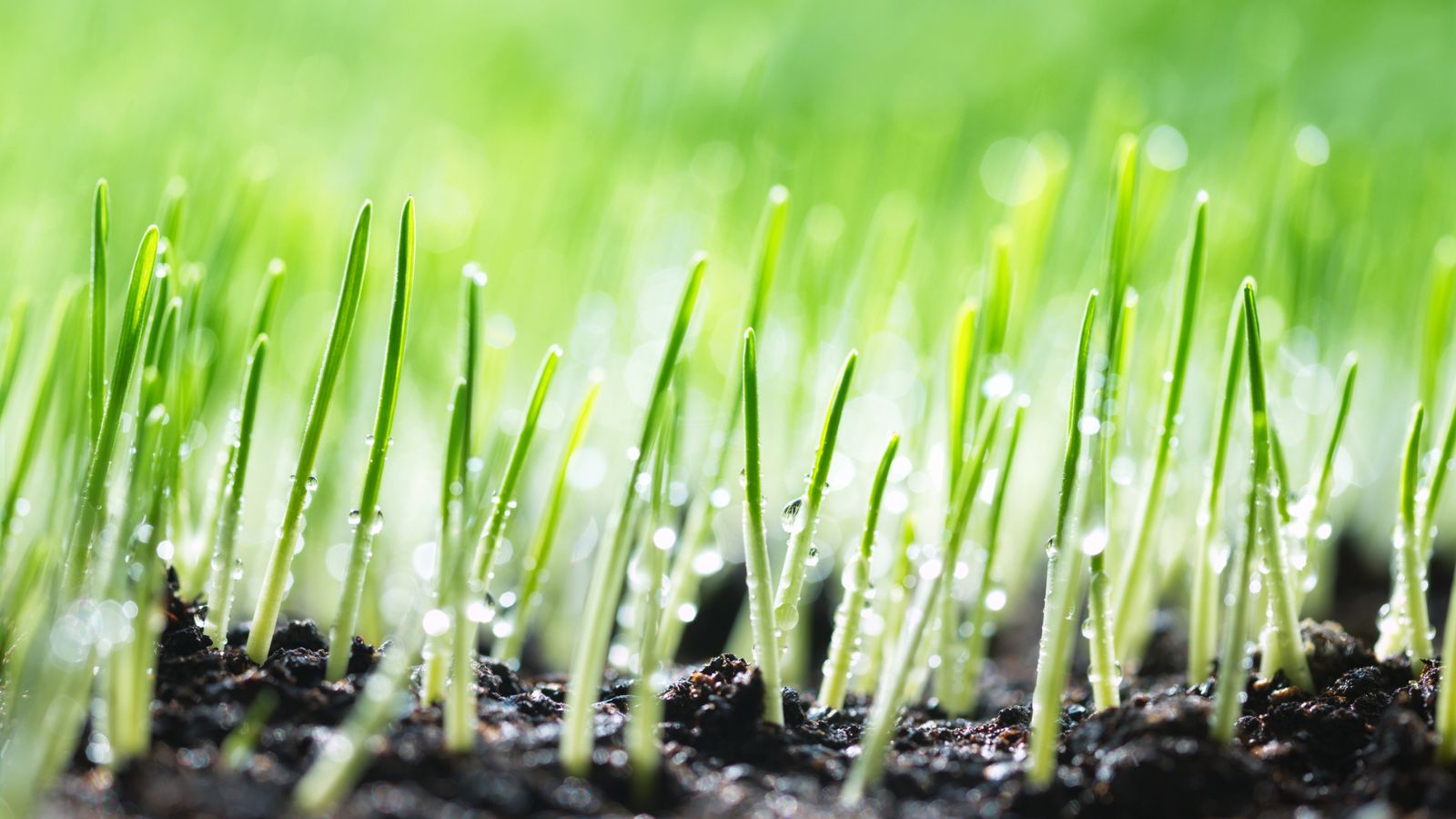
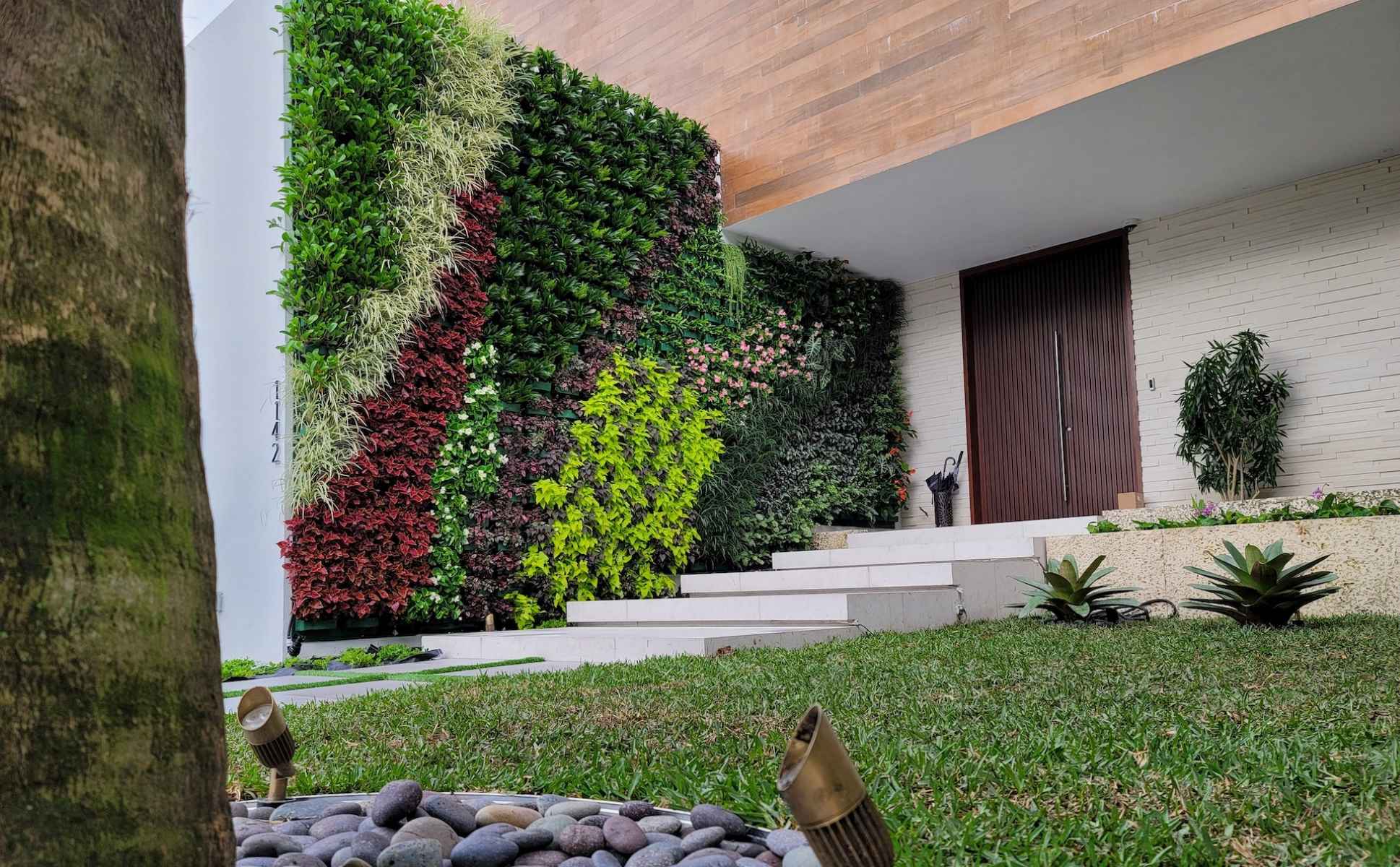
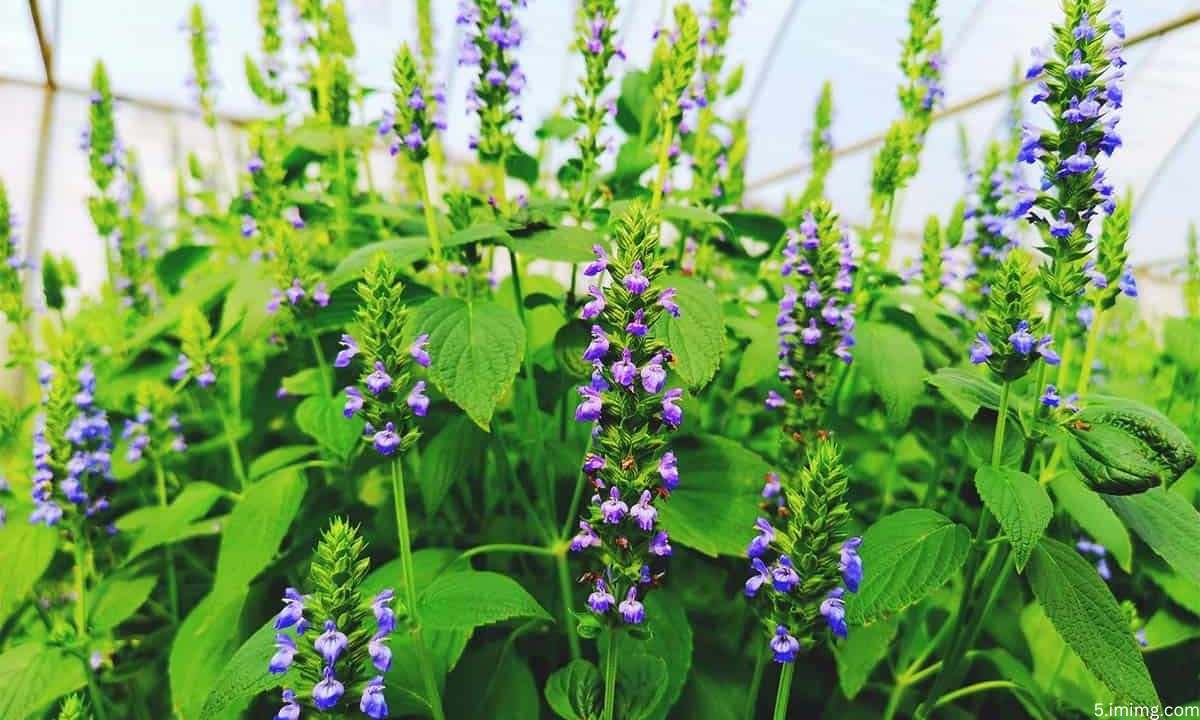
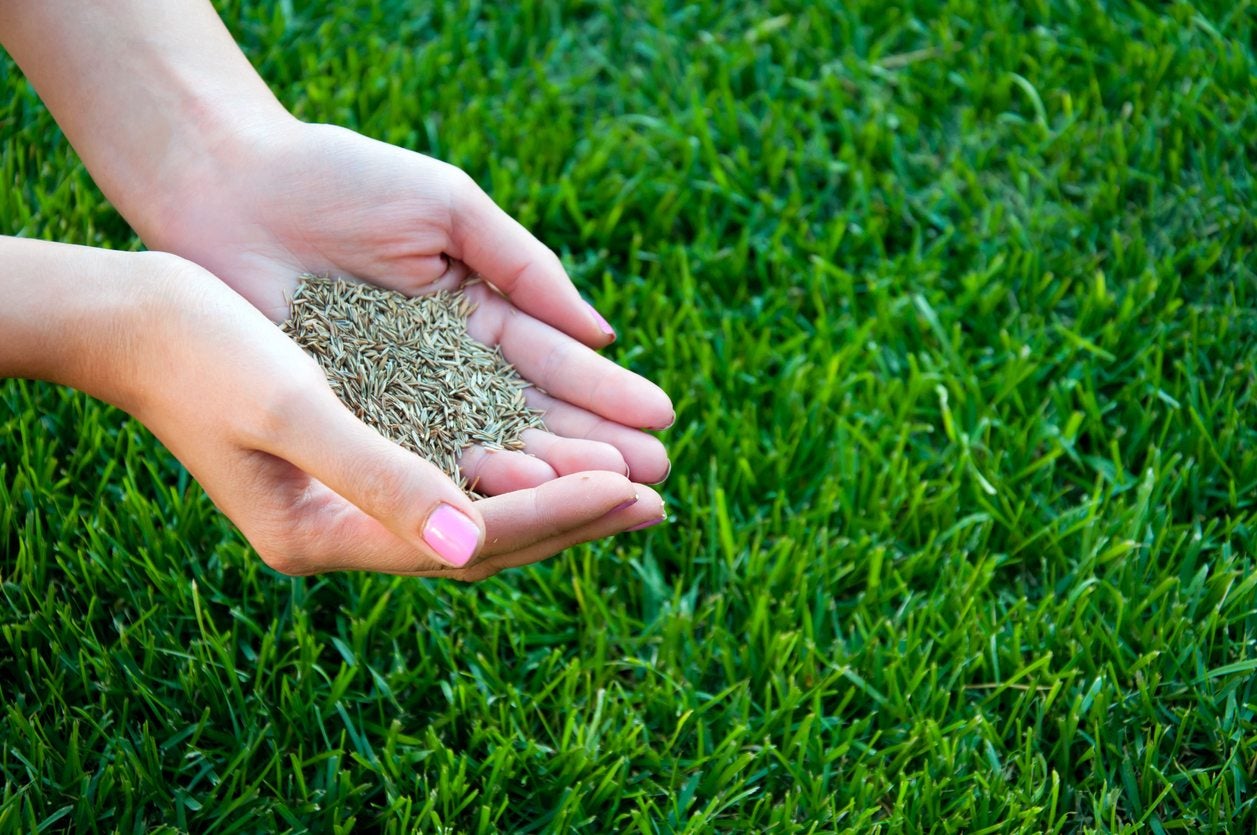
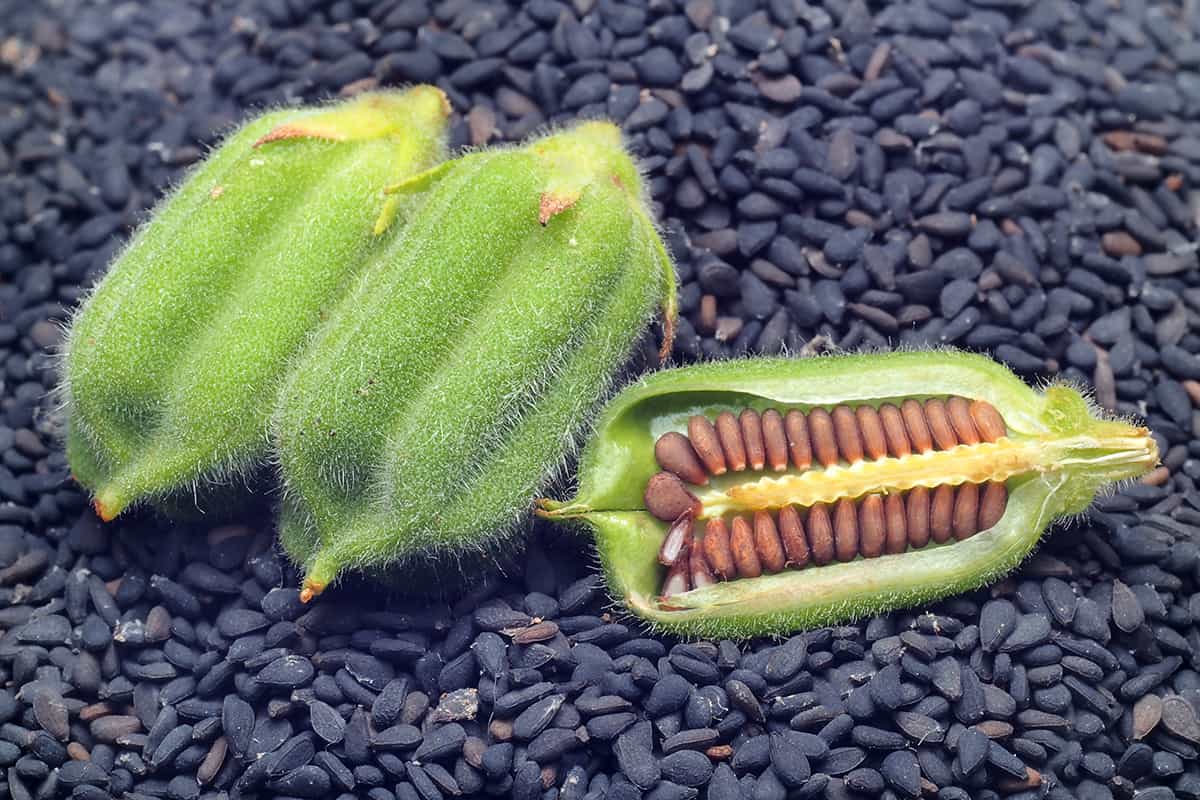
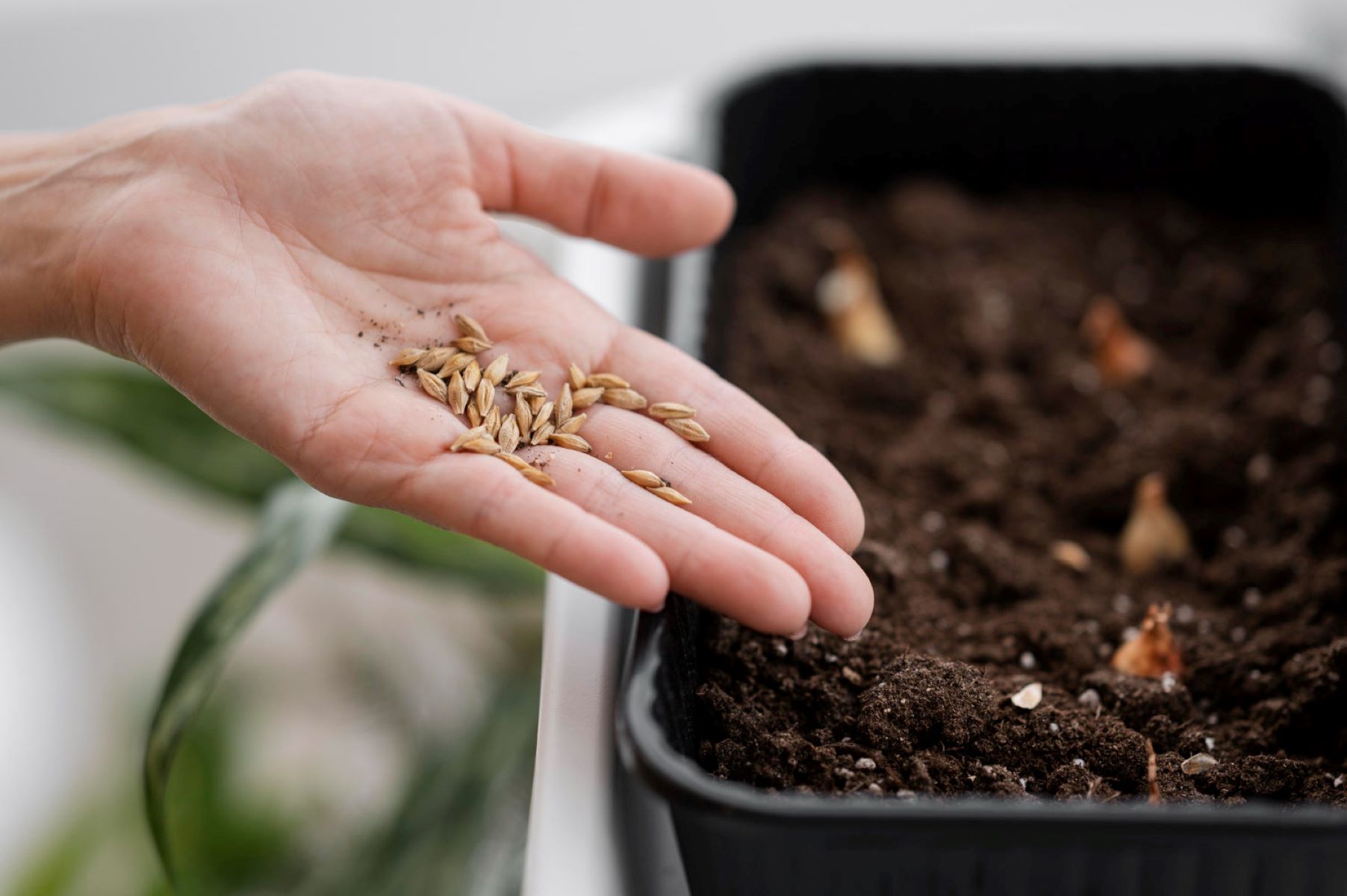

0 thoughts on “What Plants Grow The Fastest From Seeds”